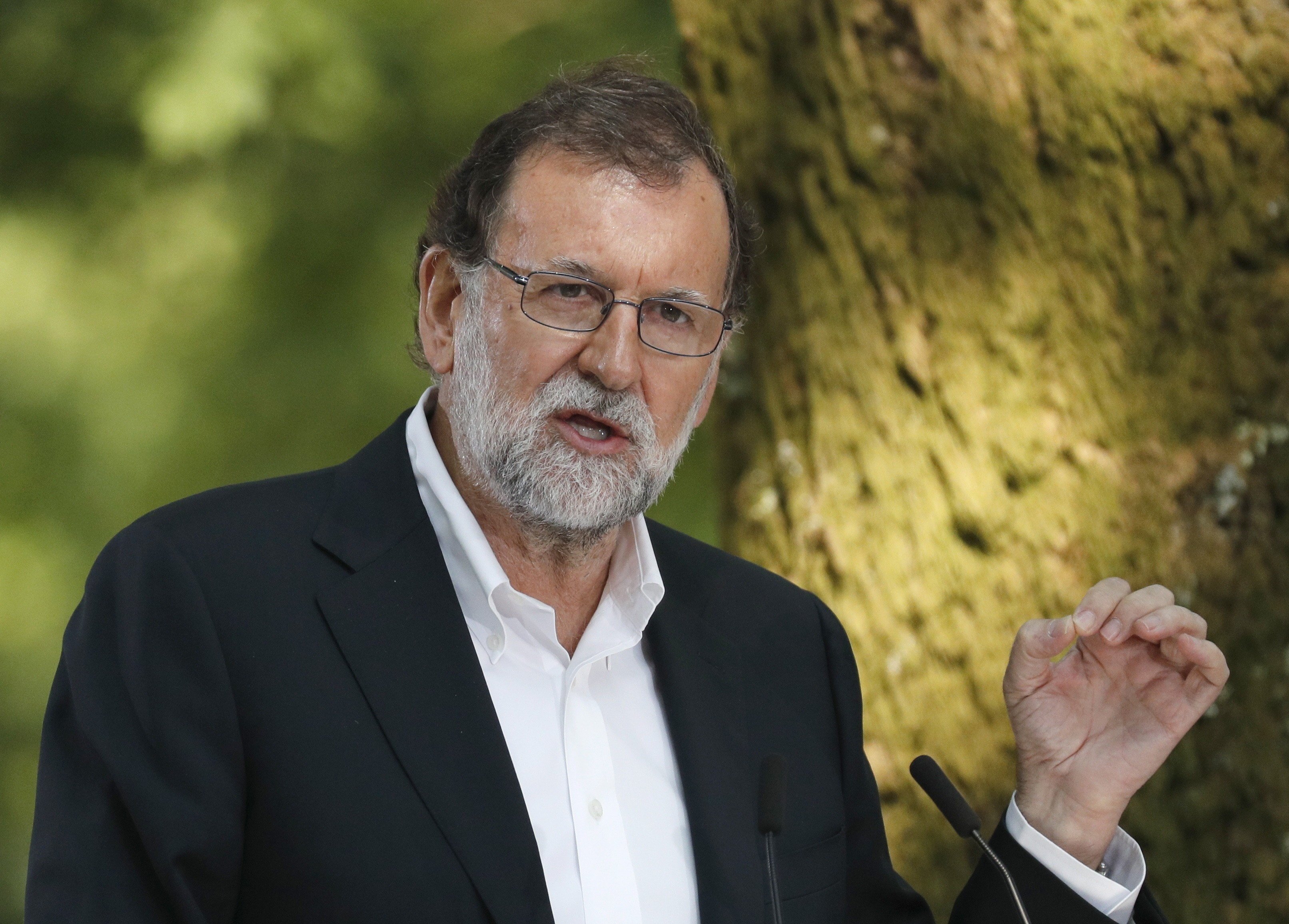Mariano Rajoy and Pedro Sánchez, the leaders of the two largest Spanish parties, have agreed this Monday to open a permanent communication channel to coordinate the legal response to the Catalan independence process, after Junts pel Sí (Together for Yes) and the CUP (Popular Unity Candidacy) presented the new Law of Transitional Jurisprudence to the Catalan parliament. This initiative means the continuation of the support that Sánchez, leader of PSOE (Spanish Socialist Worker's Party), guaranteed prime minister Rajoy on 6th July, in a meeting at the Moncloa, the official residence of the Spanish PM. However, sources from the Spanish government consulted by El Nacional say that the law cannot be appealed to the Constitutional Court until it officially starts its passage through parliament.
Sánchez called Rajoy to assure him that he would be by his side when agreeing a "common stance... in defence of legality", according to spokesperson Óscar Puente in a press conference. According to PSOE sources, Sánchez sent a message to the prime minister by mobile, asking if they could talk and Rajoy returned the call. Puente denounced "a new challenge to the state of law" and said that the two leaders had agreed to maintain "fluid communication" over the actions of the Catalan government and parliament.
The proposed law of transitional jurisprudence and the one for the referendum cannot be contested yet at the Constitutional Court because they've not been formally accepted for parliamentary consideration
The question is that the Catalan law cannot be contested yet to the Constitutional Court because it has only been registered, it hasn't formally started to be processed, and Moncloa knows it. However, the gesture of the PSOE leader serves to show unity with the PP (People's Party), and also with other "constitutionalist" parties, since PSOE sources say that the legal action against the independence process is open to everyone. Besides, PSOE have thus managed to silence the rumours that Sánchez was distancing himself from Moncloa's attempts to block the 1st October vote.
As for Moncloa, Spanish government sources spoken to be El Nacional asked "which law are we talking about" because "press conferences aren't appealed". Other sources add that they've lost their "sense" and that the bill "will never enter into force" because as soon as it enters parliament it will be contested. This step is necessary for the project to have the legal foundations to take it to the Constitutional Court, and is the same explanation as to why there's been no appeal against the proposed referendum law, according to sources consulted a few weeks ago.
Nonetheless, the unity of legal action is not yet political and Sánchez is preparing a battery of offers to avoid the 1st October referendum, which he will present on Monday.
For the part of Ciutadans (Citizens), the level of communication has dropped, and it's not been from the party's leaders. Sources say spokesperson José Manuel Villegas called the Spanish vice-president, Soraya Sáenz de Santamaría, to talk about Catalonia, but gave no details of the contents of the call. It's to be expected, however, that leader Albert Rivera will join the legal front because his party has always shown itself a supporter of the union between the three constitutionalist parties and of toughening the legal attacks against the independence process, as he asked Rajoy weeks ago.

